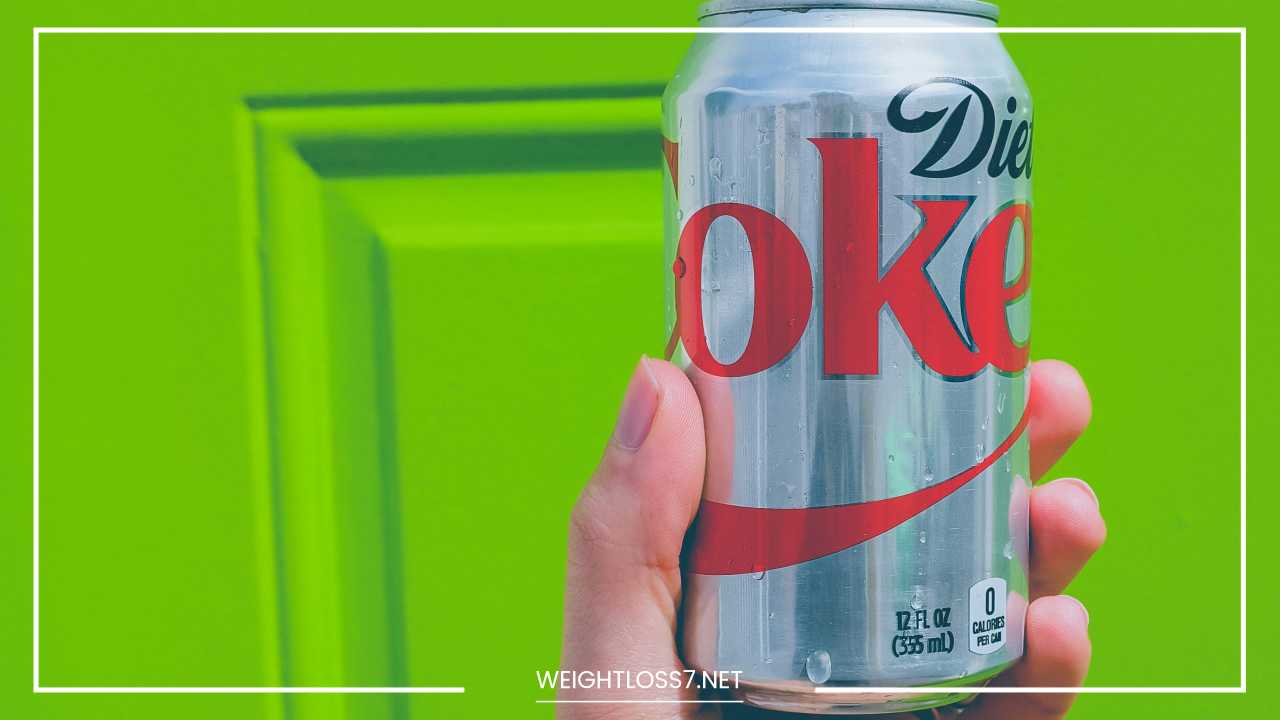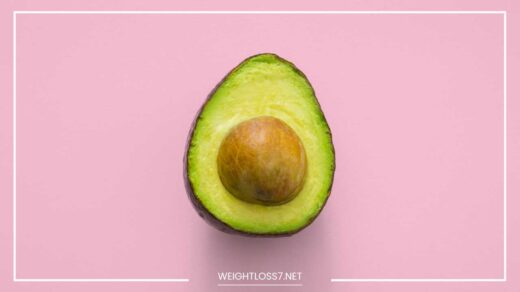Diet Sodas – A Refreshing Choice or a Hidden Health Risk?

Diet Sodas
Diet Sodas: The Fizzy Friend or Foe? – A Deep Dive
Diet sodas have occupied a prominent space on our shelves and menus for decades. Initially hailed as a sugar-free, calorie-free alternative to sugary sodas, they’ve become a popular choice for weight watchers and health-conscious individuals.
But does the fizz translate to actual health benefits? Let’s embark on a journey into the world of diet drinks, exploring their ingredients, potential health effects, and their role in a balanced diet.
Unveiling the Ingredients: Beyond the Fizz
Unlike their sugary counterparts, diet sodas forgo sugar and rely on artificial sweeteners to deliver sweetness. These sweeteners boast immense potency, meaning a minuscule amount can create a significant sweetness sensation. Here’s a closer look at some of the most common artificial sweeteners used in diet sodas:
- Aspartame: This widely used sweetener reigns supreme in terms of sweetness, clocking in at roughly 200 times sweeter than sugar.
- Sucralose: Derived from sugar itself, sucralose is heat-stable, making it a popular choice for baked goods and beverages alike. Its sweetness level is around 600 times that of sugar.
- Acesulfame K (Acesulfame Potassium): This contender boasts a sweetness level 200 times higher than sugar. It’s often blended with other sweeteners to achieve a desired taste profile.
- Saccharin: The veteran of the artificial sweetener scene, saccharin is about 300-400 times sweeter than sugar. However, it can have a lingering bitter aftertaste, prompting its frequent combination with other sweeteners.
Beyond the sweeteners, the ingredients list of a diet soda typically reveals carbonated water, flavorings, acids (like citric acid for tartness), and sometimes preservatives. Some brands may also include added vitamins and minerals.
The Safety Saga: Demystifying Artificial Sweeteners
The safety of artificial sweeteners is a topic that continues to spark debate. Regulatory bodies like the FDA have deemed them safe for consumption within approved intake levels.
However, some studies have suggested potential links between artificial sweeteners and certain health concerns, including:
- The Weight Gain Paradox: While diet sodas are calorie-free, some research suggests they might trick the body into craving more calories overall, potentially leading to weight gain. This theory proposes that the sweetness of diet soda disrupts the body’s natural ability to regulate calorie intake.
- Metabolic Syndrome Concerns: This cluster of conditions, including high blood pressure and unhealthy cholesterol levels, may be linked to artificial sweetener consumption according to some observational studies. However, more robust research is needed to establish a definitive cause-and-effect relationship.
- Gut Microbiome Mysteries: Artificial sweeteners may alter the gut microbiome, the community of bacteria residing in our gut, which could have implications for digestion and overall health. The research in this area is still evolving, and scientists are actively exploring the potential connections.
It’s crucial to remember that these studies are often observational and don’t necessarily prove cause-and-effect. Further research with a more rigorous design is needed to fully understand the long-term impact of artificial sweeteners on health.
Diet Sodas and the Weight Management Maze: A Fizzy Friend or a Foe?
Diet sodas can be a helpful tool for reducing calorie intake, especially if you’re aiming to cut back on sugary drinks. However, it’s important to understand that they are not a magic bullet for weight loss. Here’s why:
- Cravings Conundrum: The sweetness of diet soda might trigger cravings for sugary foods, potentially leading to increased calorie intake elsewhere in your diet. This can undermine your weight management efforts.
- Unhealthy Habit Formation: Relying on diet sodas as your go-to beverage may crowd out healthier options like water and unsweetened beverages. This can create unhealthy dietary habits that hinder weight management goals.
For sustainable weight management, focusing on a balanced diet that includes whole, unprocessed foods is key. Regular physical activity is another crucial element in the equation.
Beyond Weight Loss: Exploring the Broader Health Impact
While the focus is often on weight control, diet sodas may also have implications for other aspects of health:
- Dental Dilemmas: While sugar-free, some artificial sweeteners may promote the growth of certain bacteria in the mouth, potentially increasing the risk of cavities. Practicing good oral hygiene and scheduling regular dental checkups is essential.
- Bone Health: Studies suggest a possible link between consuming large amounts of diet soda and lower bone mineral density. However, more research is needed to determine the exact nature of this association.
- Brain Health: Some studies suggest a possible association between artificial sweeteners and cognitive decline, though the evidence is inconclusive. Further research is needed to clarify this potential link.
The Ethical Fizz: Considering the Social and Environmental Impact
Beyond the individual health considerations, diet sodas also raise questions about social and environmental impact. Here’s a closer look at these aspects:
- The Cost of Convenience: Diet sodas are often heavily marketed as a convenient and affordable beverage choice. However, the reliance on artificial sweeteners and single-use plastic bottles can raise concerns about sustainability and cost-effectiveness over time. Investing in a reusable water bottle and opting for refillable sparkling water options can be a more environmentally friendly approach.
- The Sugary Beverage Trap: The easy availability of diet sodas, along with sugary drinks, can contribute to a larger societal issue of excessive sugar consumption. This, in turn, can have implications for public health. Supporting policies that promote access to clean water and encourage healthier beverage choices can contribute to positive change.
- The Ethical Sweetener Dilemma: Some artificial sweeteners are derived from controversial sources, raising ethical concerns for some consumers. Researching the production processes behind different sweeteners can help you make informed choices that align with your values.
By considering the social and environmental impact of diet sodas, we can contribute to a more sustainable and responsible beverage landscape.
The Global Fizz: A Look at Diet Soda Consumption Around the World
Diet soda consumption patterns vary significantly across the globe. Here are some interesting trends:
- The Rise and Stall: In the United States, diet soda consumption peaked in the 1990s and has since declined. This could be due to a growing awareness of potential health concerns and a shift towards healthier beverage options.
- The Emerging Fizz: In some developing countries, diet soda consumption is on the rise. This trend is often linked to increased marketing efforts and a perception of diet sodas as a healthier alternative to sugary drinks.
- Cultural Considerations: Cultural preferences and availability of alternative beverages also play a role in diet soda consumption patterns worldwide. Understanding these nuances is crucial for developing effective public health strategies to promote healthy beverage choices across different populations.
By examining global trends, we can gain a broader perspective on the role of diet sodas in the global beverage landscape.
Fizz or No Fizz? You Decide
Diet sodas offer a sugar-free alternative to sugary drinks, but they come with their own set of considerations. Understanding the ingredients, potential health effects, social and environmental impact, and available alternatives can empower you to make informed choices about your beverage consumption.
Here’s a final recap to guide you:
- Enjoy in moderation: If you choose to drink diet sodas, consume them occasionally and prioritize water and other healthy beverages.
- Focus on a balanced diet: Diet sodas should not be a replacement for a healthy diet rich in whole, unprocessed foods.
- Stay informed: The science around diet sodas is constantly evolving. Staying updated on new research can empower you to make informed choices.
Ultimately, the decision of whether or not to include diet sodas in your diet is a personal one. By considering the information presented here, you can embark on a journey towards a healthier and more balanced lifestyle, making informed choices about the beverages you consume. Remember, a healthy and sustainable approach to beverage choices is key to a healthy and vibrant life.
A Citizen Scientist’s Guide to Researching Diet Sodas
With so much information available online, navigating the world of diet soda research can feel overwhelming. Here are some tips to become a citizen scientist and make informed decisions:
- Identify credible sources: Look for research published in peer-reviewed scientific journals. These journals have a rigorous review process to ensure the quality of the research.
- Pay attention to study design: Observational studies can identify potential associations, but they can’t definitively prove cause-and-effect. Look for randomized controlled trials, which are considered the gold standard for scientific research.
- Consider the limitations of studies: Every study has limitations. Be mindful of sample size, participant demographics, and potential biases.
- Consult with a healthcare professional: If you have any underlying health conditions or concerns about diet sodas, discussing them with a doctor or registered dietitian can help you make personalized decisions.
By developing these research skills, you can empower yourself to critically evaluate information about diet sodas and make informed choices about your beverage consumption.
The Future Fizz: Unveiling Developments in the Diet Soda Landscape
The world of diet sodas is constantly evolving. Here’s a glimpse into some exciting developments on the horizon:
- Natural Sweeteners: Researchers are exploring the potential of natural sweeteners derived from plants like stevia and monk fruit. These sweeteners offer a calorie-free alternative with a minimal impact on blood sugar levels. However, more research is needed to understand their long-term effects.
- Reduced Sweetness Options: Some beverage companies are introducing diet sodas with lower levels of artificial sweeteners. This caters to consumers who want a subtle sweetness without the intense taste of traditional diet sodas.
- Personalized Fizz: The future might hold personalized diet sodas tailored to individual taste preferences and potential health needs. This could involve using a combination of different sweeteners or even incorporating prebiotics to support gut health.
These advancements show promise for a future where diet sodas offer a wider range of options and potentially even greater health benefits.
Citizen Advocacy: Promoting Informed Choices in the Beverage Industry
Consumers play a crucial role in shaping the beverage industry. Here are some ways you can be a citizen advocate for informed choices:
- Supporting transparency: Look for brands that disclose all ingredients on their labels and provide clear information about the sweeteners used.
- Demanding research: Advocate for more long-term research on the health effects of artificial sweeteners and the impact of diet sodas on overall health.
- Promoting healthy alternatives: Support initiatives that promote access to clean water and encourage healthier beverage choices in your community.
By exercising your voice as a consumer, you can contribute to a more transparent and responsible beverage industry that prioritizes informed choices and public health.
In conclusion, diet sodas can be a part of a balanced diet in moderation. However, prioritizing water and other healthy beverages is key for optimal health.
By understanding the ingredients, potential health effects, social and environmental impact, and available alternatives, you can navigate the beverage maze and make informed choices that align with your health goals.
Remember, the journey towards a healthy lifestyle is an ongoing exploration, and staying informed about the latest research can empower you to make the best choices for yourself.
With a critical eye and a citizen scientist’s spirit, you can contribute to a future where the beverage choices we make are not only delicious but also support our well-being and the well-being of our planet.

















